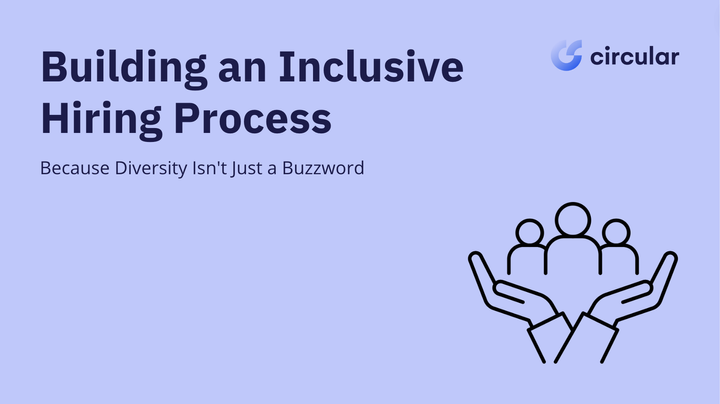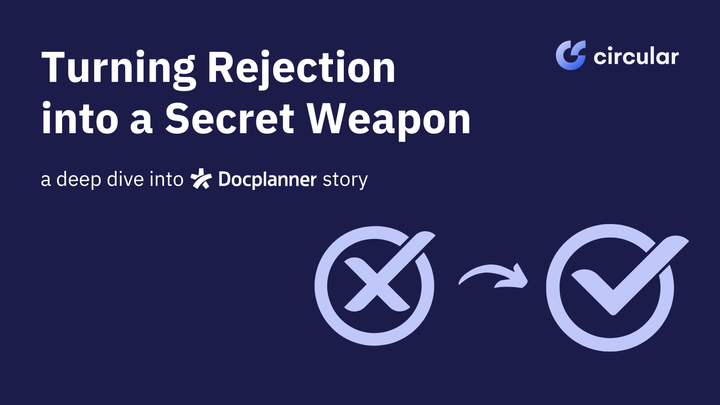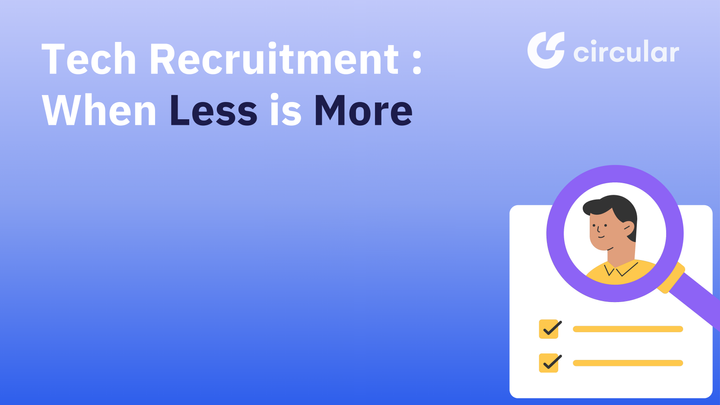How can we avoid unconscious bias during the remote hiring process?

Covid-19 has forced many companies to carry out their hiring processes remotely – this is nothing new. While some say that it has been a challenge, since they have had to get used to new structures and processes, they also mention that it has helped them avoid biased decision-making. In this article, we’re going to take an in-depth look at this phenomenon.
First things first. Unconscious bias is defined as social stereotypes about certain groups of people that individuals form without being consciously aware of them. In a hiring process, this would mean that unconscious biases emerge when hiring managers form an opinion about candidates based on their first impression. As terrifying as it sounds, it is also very natural.
The most common biased practices
Even though we may perfectly understand what unconscious bias is, it still comes in many different forms that we must be on the lookout for. One example is affinity bias, the unconscious tendency to get along with others who are similar to us. This is common among companies that hire for culture fit, a type of hiring process in which it proves difficult not to be biased. A recruiter can also fall for confirmation bias, which is defined as the inclination to draw conclusions about a situation or person based on personal desires, beliefs and prejudices rather than on objective merit. Yet another example is attribution bias, a phenomenon where you try to make sense of or judge a person’s behaviour based on prior observations of and interactions you’ve had with that individual, which make up your perception of them.
So, as they are aware that we tend to form unconscious biases, many recruiters find a way to deal with this using several different practices, detailed below.
Common practices to avoid biased decision-making
- Sample work test: using a coding test, recruiters can find out if the candidate is a good fit for the role they are interviewing for. This obviously leaves biased preferences aside and helps them focus on results. A coding test that includes things similar to the issues the team faces every day will not only help to better understand the candidate’s expertise, but it will also help the candidate to understand what their life would be like at that company and with that team.
- Neutral job descriptions: sometimes bias happens even before the application is received, turning up in job descriptions. Make sure that you foment diversity in the wording of your job description. Use gender-neutral language and avoid gender-specific words. For example, using words like “guys” in a job description would have a negative impact to diversity and may prevent women from applying.
- Try new talent sources: by using different sources and making an effort to include diverse candidates, you can reduce biased hiring decisions. Ask other peers what talent sources they use and explore other ways to fill your pipeline with candidates.
- Make diversity a goal: in our previous Ask-Me-Anything, Gianluca Rosania from Glovo explained how to set diversity as a goal, saying, “One way is to give the recruiter/outsourcer in charge a bonus point for their performance review at the end of the quarter. Another way we use is to directly utilize portals that offer you diverse hiring options, such as Native Current, Seniors4Hire, DiversityEmployers, The Mom Project, Valence, and Graylink, among others. You could also make diverse referrals and have a bigger bonus. Another idea is to work together and attend different job fairs focused on diversity. The idea here is to think outside the box.”
How remote hiring can avoid unconscious bias
Jose Martín-Corral, HR and Recruitment Manager at CARTO, says, “With in-person interviews, you’ll have more information about the candidate, but it is also easier to be biased. In this way, holding remote interviews ends up being more efficient because you only focus on those things that really matter. In the end, for us, a good fit doesn’t mean that the candidate is someone you’d like to go out for a beer with, but rather someone you are excited to work with.”
Let’s see how else remote processes can help us make unbiased decisions:
- Better coding tests to recognize top-notch candidates. When carrying out remote hiring processes, many companies feel the need to rethink their coding test in order to make it more trustworthy and reliable, as it is a definitive part of the interview process. The subsequent decision will be focused on the test itself and will thus avoid potential unconscious bias.
- Standardize your hiring processes and organize them better. Many recruiters have told us that they’ve been forced to reorganize their hiring processes during Covid-19 to keep their remote processes from being totally chaotic. This has allowed them to follow a strategy regarding who is going to interview the candidate, when the interview will take place, and what topics they are going to cover. Having a strategy focused more on getting to know the experience and motivation of the candidate rather than asking the same cookie-cutter questions has helped them find more diverse talent, giving rise to more unbiased decisions. In this same vein, recruiters should also share the interview process with the candidate so they know what to expect in each interview and they come prepared. This will make interviews go smoother and keep the conversation focused on what really matters. “What to expect during the interview process is something that all candidates ask when finishing an interview. We send this info after the first HR interview, explaining the phases of the process: who they are going to meet and for what reason, making clear that both interviews and coding tests will be done online. This way, the candidate knows what to expect and can be prepared,” says Sofía Rivero, who is the People Manager at Enable.
- Ask better interview questions. Not having all the information you get from in-person interviews will mean you need to ask better questions. This results in asking questions that are more data-driven, making it more difficult to fall into unconscious biases.
- Start hiring people abroad. Working remotely also entails hiring people who are based in different locations abroad. This is what Ali Seyedmehdi, People Manager at Publitas.com, experienced and this is what they continue doing. He says, “in order to have a team working fully remotely, hire people abroad or make sure people are not working together in the same location. In our case, it was not necessary to keep people working at the office anymore, and at the same time, we started to hire people abroad. That is what actually gives you real practice doing this. You can see at that moment what challenges you’ll need to tackle.” An added bonus is that this will help bring diversity to the team, too.
- Read more about what the experts say regarding hiring remotely here.
- Read more about how CARTO is hiring remotely here.



